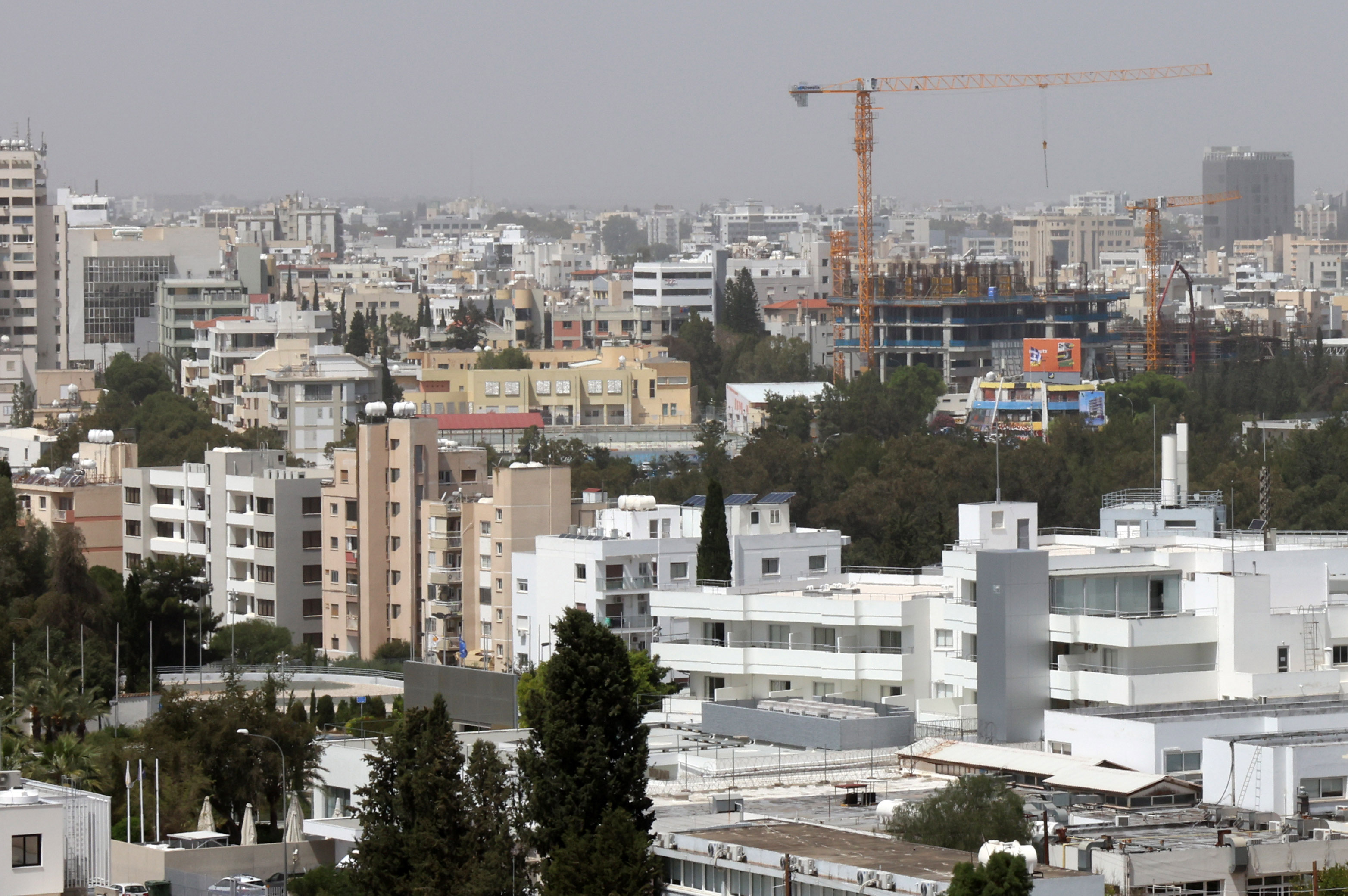Anyone who benefited from the previous 5 per cent VAT scheme for the purchase or construction of a main residence in Cyprus will remain covered only until June 2026, when the transitional provisions of the 2023 legislation come to an end.
Under those temporary arrangements, buyers or developers who had applied for a planning permit between June 1 and October 31, 2023, could still secure the reduced rate, regardless of when construction would be completed.
For three years, from June 16, 2023 to June 15, 2026, the old and new frameworks have effectively coexisted.
The 2016 law, widely seen as too lenient, had allowed 5 per cent VAT on the first 200 square metres of a home, irrespective of its overall size or value.
Following strong pressure from the European Commission, the House of Representatives passed the Amending VAT Law Ν.42(I)/2023, published in the Government Gazette on June 16, 2023, introducing stricter rules.
Under the new framework, 5 per cent VAT applies only to the first 130 square metres of a property, for a maximum value of €350,000, provided the total area does not exceed 190 square metres and the total transaction value remains below €475,000.
Beyond that, the standard 19 per cent rate applies. For persons with disabilities, the reduced rate covers up to 190 square metres, though the same value cap still holds.
According to Finance Minister Makis Keravnos, the transitional measures apply to buildings that obtained or applied for a planning permit by October 31, 2023, provided the required declaration for the reduced rate is submitted to the Tax Department within three years, by June 15, 2026.
He reminded that anyone who benefitted from the reduced VAT but later used the property for other purposes must repay the full amount, whether they were part of the residency-by-investment programme or any other scheme. In practice, these taxpayers face an additional 14 per cent charge.
The minister also pointed to ongoing recovery campaigns by the Tax Department, which over the past three years has carried out more than 5,000 inspections, recovering around €50 million from cases where homes were purchased under the 5 per cent rate but were never used as main residences.
Many of the violations were found in coastal areas, or in student-heavy districts such as Aglandzia and Engomi, where properties were rented out on digital platforms.
In the months ahead, the department is expected to issue further clarifications on how the reduced VAT will be calculated in cases where the area or value of a property exceeds the limits.
A VAT calculator is already available on its website to help buyers estimate the amount payable.
The 2023 law also updated rules for repeat applications and family transfers. Previously, anyone applying for a new reduced rate before the ten-year period had expired was obliged to return the full VAT benefit. Now, repayment will be calculated proportionally, based on the remaining years of that period.
In addition, if ownership of a dwelling is transferred to an adult child who meets the criteria for the 5 per cent rate, no repayment is due, provided the child uses it as a main home.
When a parent continues to live in the dwelling after transfer, no repayment applies either, though the Tax Department must be informed in writing.
Meanwhile, checks are being intensified on homes in coastal and tourist areas, as the authorities seek to ensure that the reduced rate genuinely applies only to primary residences. The Tax Department carries out inspections all year round but increases them in summer, when misuse tends to rise.
A voluntary compliance campaign is also under way, encouraging owners who no longer meet the criteria to come forward and settle their dues.
In cases of financial hardship, repayment can be arranged in up to 12 instalments, with longer periods approved by the Tax Commissioner in exceptional cases.
Finally, Keravnos confirmed that the EU infringement case against Cyprus has now been formally closed by the European Commission, after Brussels accepted the 2023 amendment as compliant with EU law. Cyprus will therefore not face any fines or additional payments.






Click here to change your cookie preferences